Need help? Call us:
- Questions? Call us toll-free +1-800-520-5726
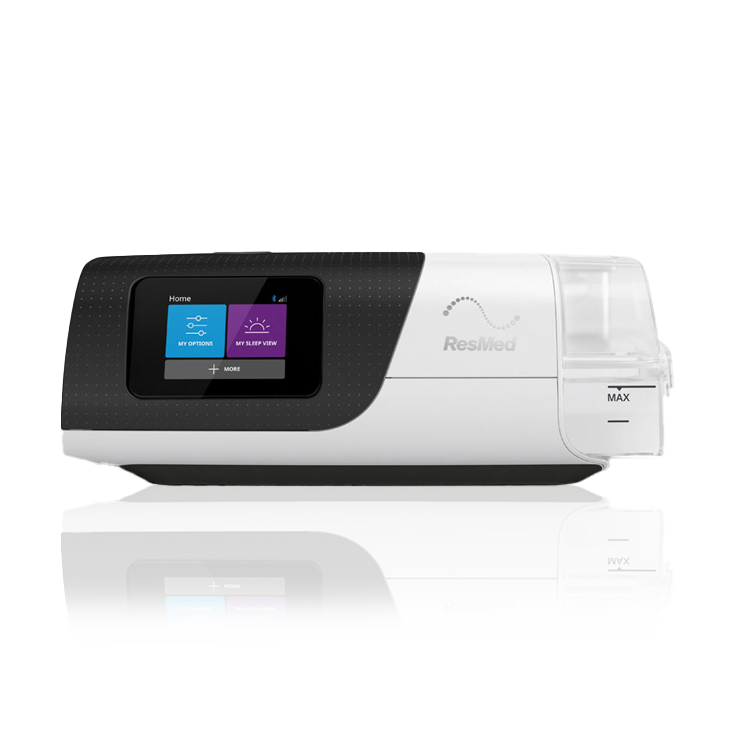
CPAP Masks Finder
Discover your perfect mask fit
- Portable Oxygen
- Home Oxygen
- Oxygen Accessories
- CPAP Machines
- CPAP Supplies
- CPAP Masks
- Mobility
- Bathroom Safety
- Pediatrics
- New Arrivals
Oxygen Concentrator Accessories
Oxygen Concentrator Accessories
The standard portable oxygen concentrator package comes with all of the accessories patients need to operate their concentrator on a daily basis.
Things like accessory bags, batteries, power supplies, carrying cases, and travel carts (when necessary) are considered parts of the standard package.
There may be some accessories that have multiple features or uses.
Take a look at the list below to see what accessories you can use in different ways:
{{cta(‘155910633031’)}}
LifeChoice Carrying Cases
All three LifeChoice portable oxygen concentrators, the original LifeChoice, the Activox, and the Activox Sport all come with a custom carrying case.
The strap system included with the carrying cases is a 4-way strap system. While a lot of patients carry the unit over their shoulder, it can be carried 3 other ways.
It can be worn like a backpack, around your waist, and it can be carried in your hand like a briefcase. Note: Refer to the owner’s manual for instructions on how to alter the strap system.
Invacare XPO2 AC Power Supply
The Invacare XPO2 AC power supply is used to charge the internal and external batteries while plugged into a wall socket.
However if you have multiple supplemental batteries for your XPO2, you can also use the AC power supply to charge your additional batteries.
LifeChoice AC Power Supply
The original LifeChoice portable’s AC power supply can be used to charge both the internal battery and external battery belt simultaneously.
Like the XPO2 AC power supply mentioned above, the LifeChoice AC power supply can be used as an external battery charger.
If you have multiple battery belts, this is a great feature to take advantage of.
The LifeChoice is also equipped with sleep mode technology. Using the AC power supply, you can sleep using the LifeChoice portable concentrator.
While all of the standard accessories do more than get the job done, there are optional accessories available for most portable oxygen concentrators that may be very beneficial to the user.
Those looking to get the most out of their portable oxygen concentrator should look into some of the different accessories listed for their unit.
External Battery Chargers
Most oxygen patients have more than one battery for their portable concentrator.
While charging them on a cycle when plugged into the AC or DC power supplies is sufficient, consider an external charger.
An external charger will allow you to plan for vacations, shopping, a round of golf, or a day on the lake.
You will be able to use your concentrator throughout the day and charge your batteries with no hassles.
The following concentrators all have an external battery charger available; AirSep Focus, AirSep Freestyle, AirSep Freestyle 5, Inogen One G2, Inogen One G3, Oxlife Independence, Respironics EverGo, Respironics SimplyGo, SeQual Eclipse 2, SeQual Eclipse 3, and the SeQual Eclipse 5.
Custom Backpacks
Every lightweight portable oxygen concentrator (10 pounds or lighter) comes with a custom carrying case.
While the carrying case will allow you to take the concentrator virtually anywhere you go, they can be somewhat cumbersome or uncomfortable.
To make transporting your portable oxygen concentrator easier and more comfortable, take a look at the following list to see if your unit has a backpack available; AirSep Freestyle, AirSep Freestyle 5 (coming soon), Inogen One G2, and Inogen One G3. The LifeChoice portable, LifeChoice Activox, and LifeChoice Activox Sport all come with a custom carrying case that can be used as a backpack.
Extra Batteries
One of the main reasons patients choose to get a portable oxygen concentrator over using oxygen tanks/liquid oxygen is battery life.
The idea of having unlimited oxygen as long as you have access to an outlet or a charged battery gives patients peace of mind when they are out and about.
Not to mention, you never have to worry about bringing extra tanks along.
While most concentrators come with at least one external battery in the standard package, having more than one battery is always a great idea for oxygen patients.
Having multiple batteries can not only give you more battery life now, but it can also prolong the life of the battery itself. Every portable oxygen concentrator from the AirSep Focus to the Oxlife Independence has external batteries available.
{{cta(‘155910633392’)}}
Fingertip Pulse Oximeter
Pulse oximeters aren’t necessarily an accessory for oxygen concentrators, but every oxygen patient should have one.
Pulse oximeters are used to monitor your blood oxygen levels.
You simply clip the oximeter to your fingertip and the machine will give you a reading of your pulse and your blood oxygen levels.
Fingertip pulse oximeters can be used to determine if you are getting enough oxygen while at rest, after exertion, and at night after you wake up. They are generally inexpensive and a necessity for every oxygen patient.


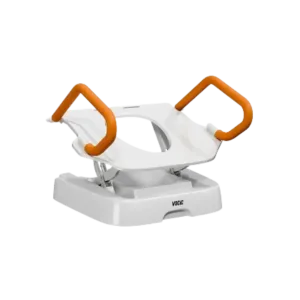
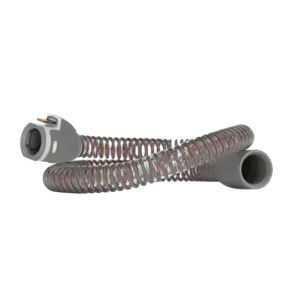
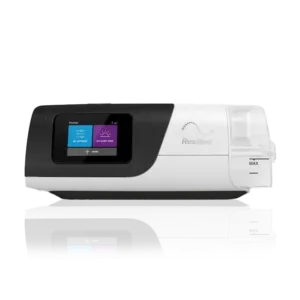
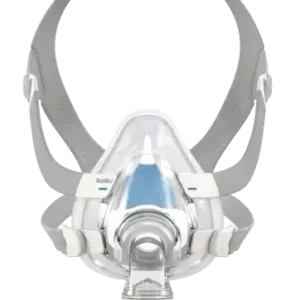
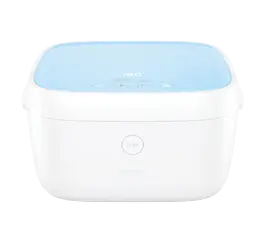
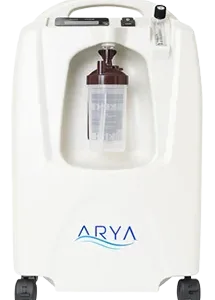
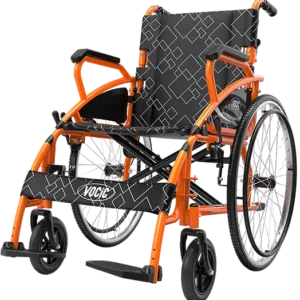
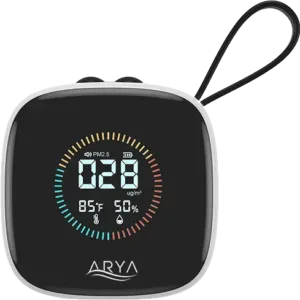
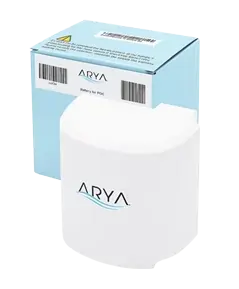
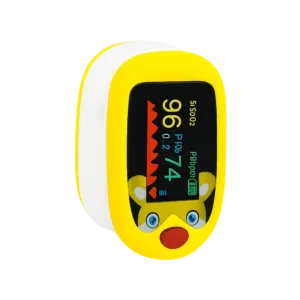
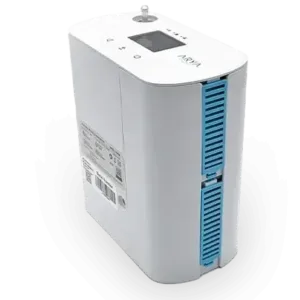



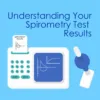
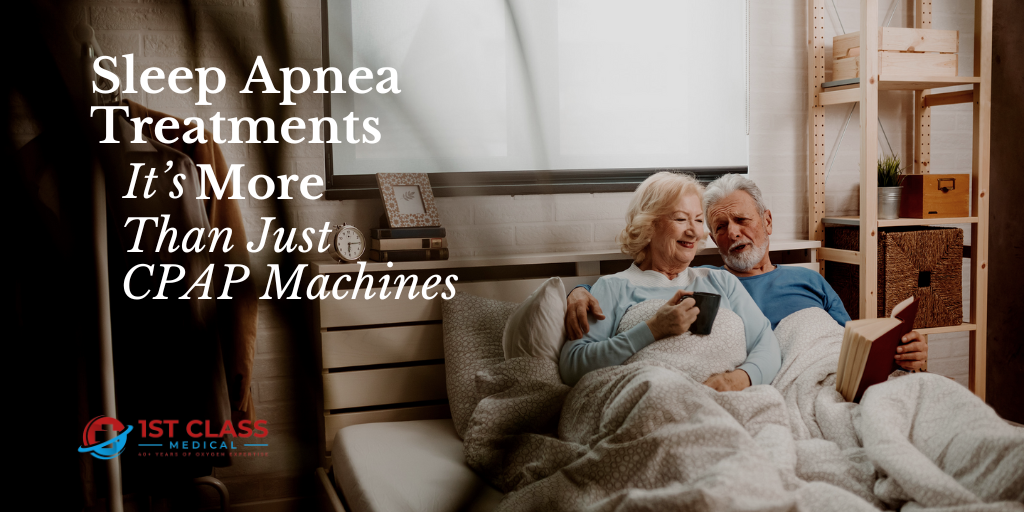

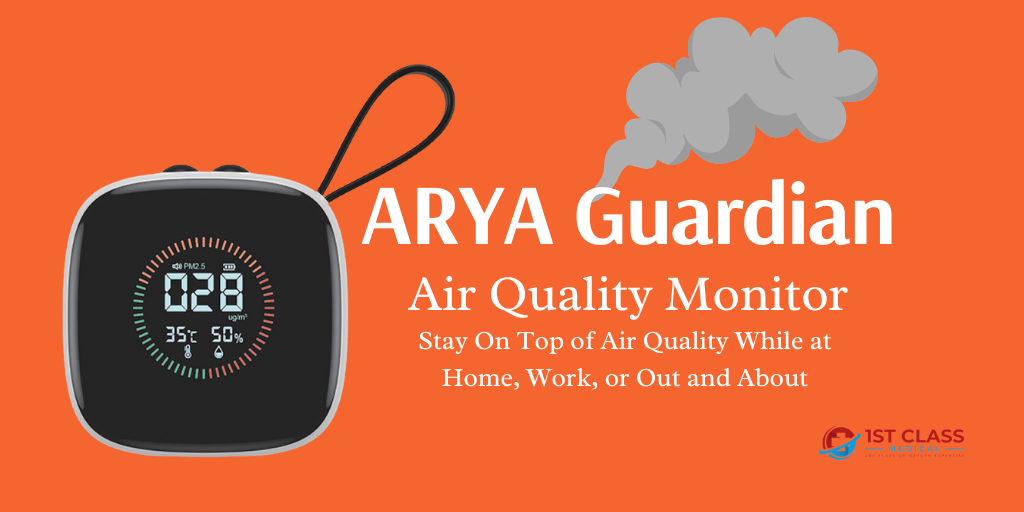
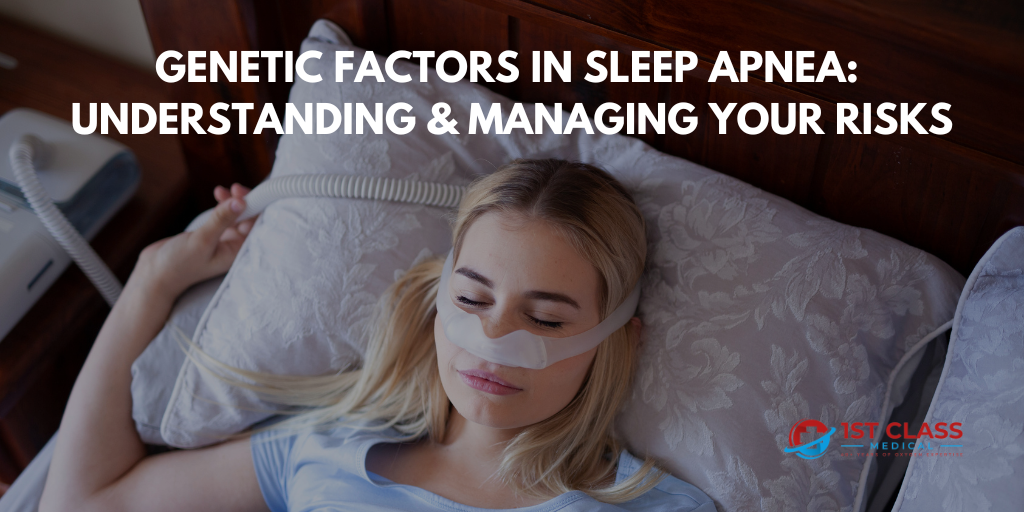
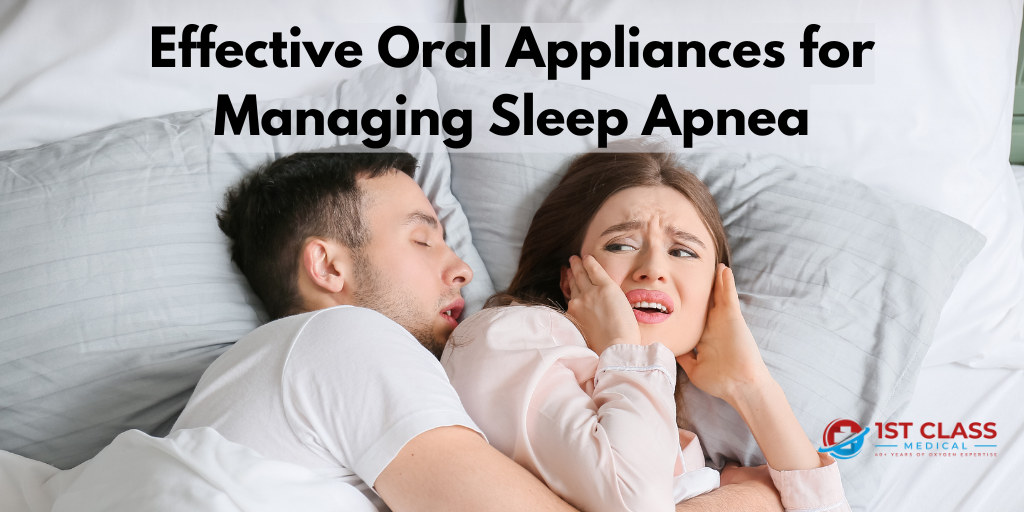
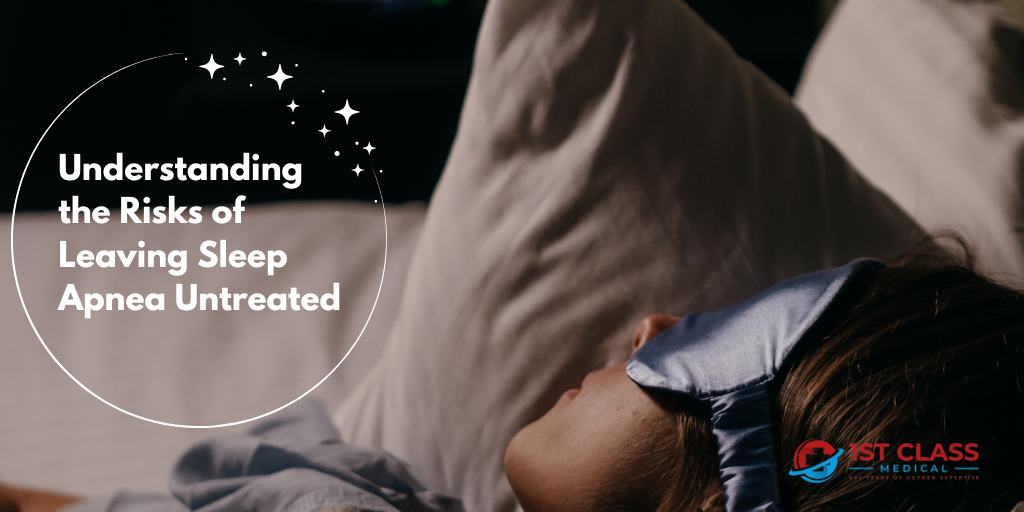

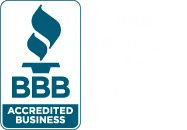
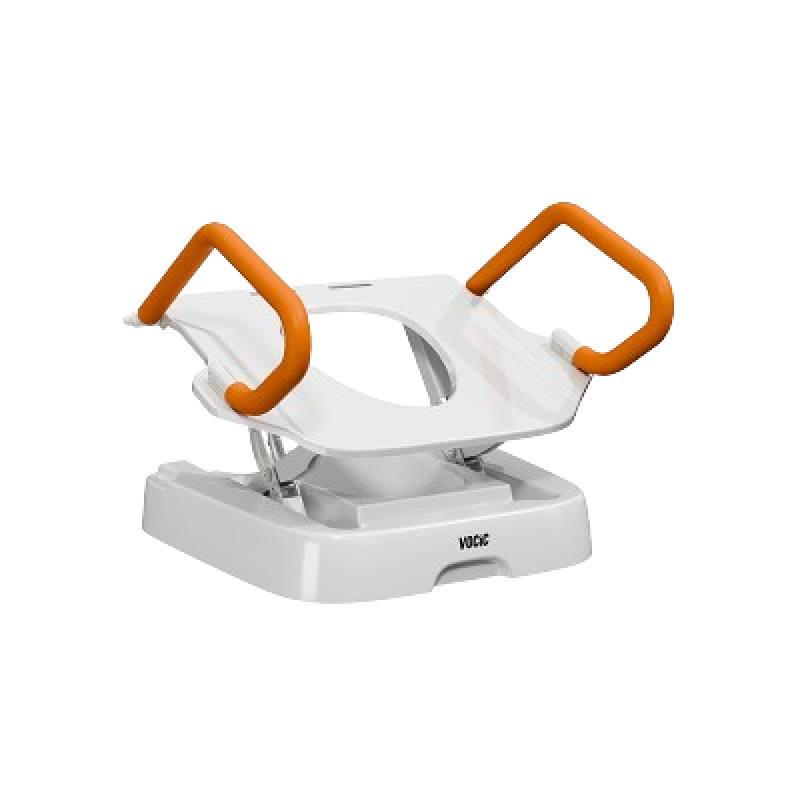
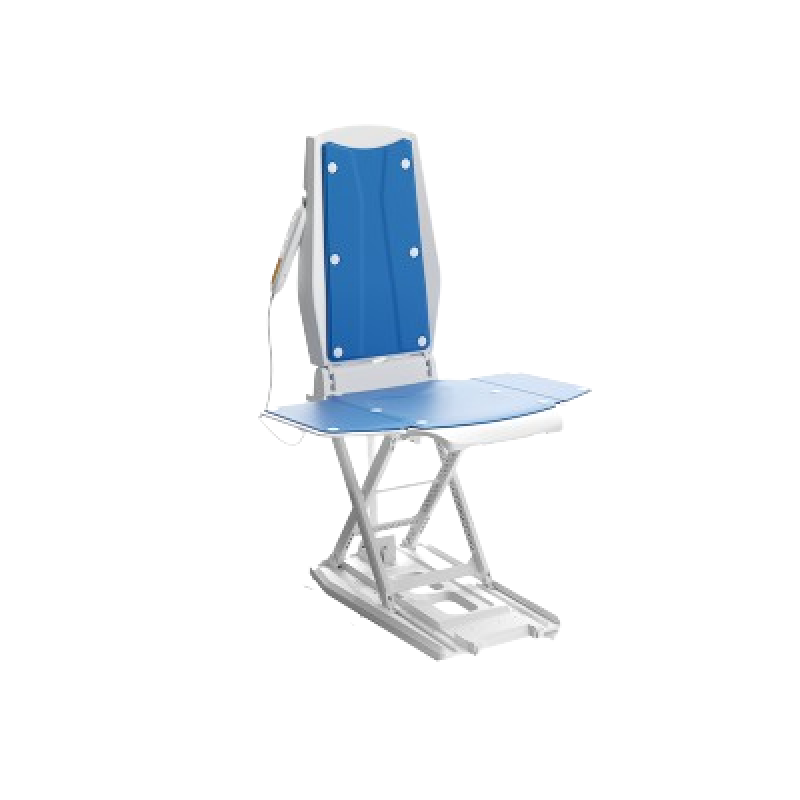
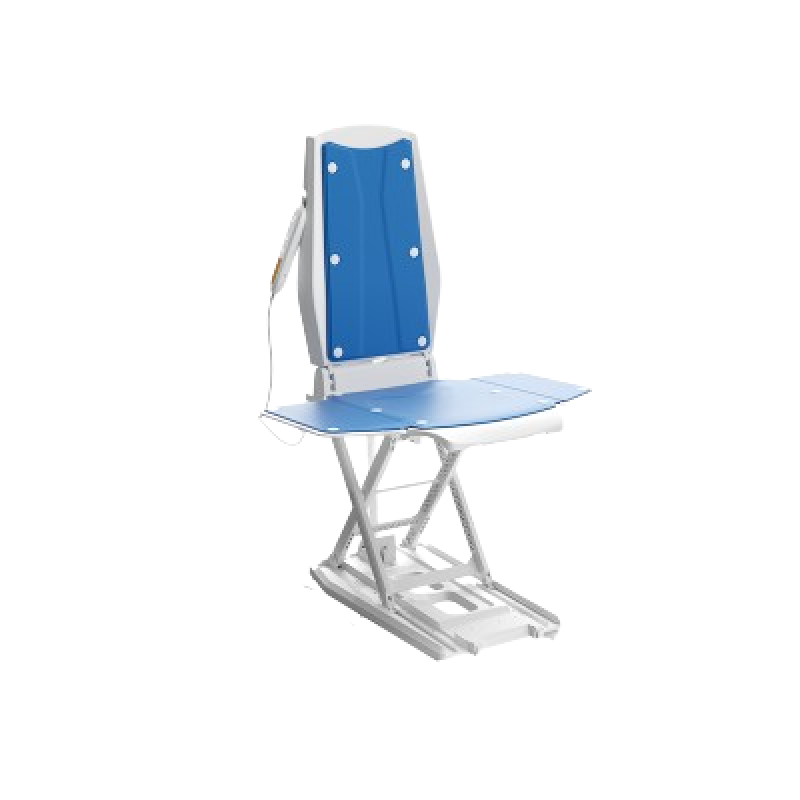
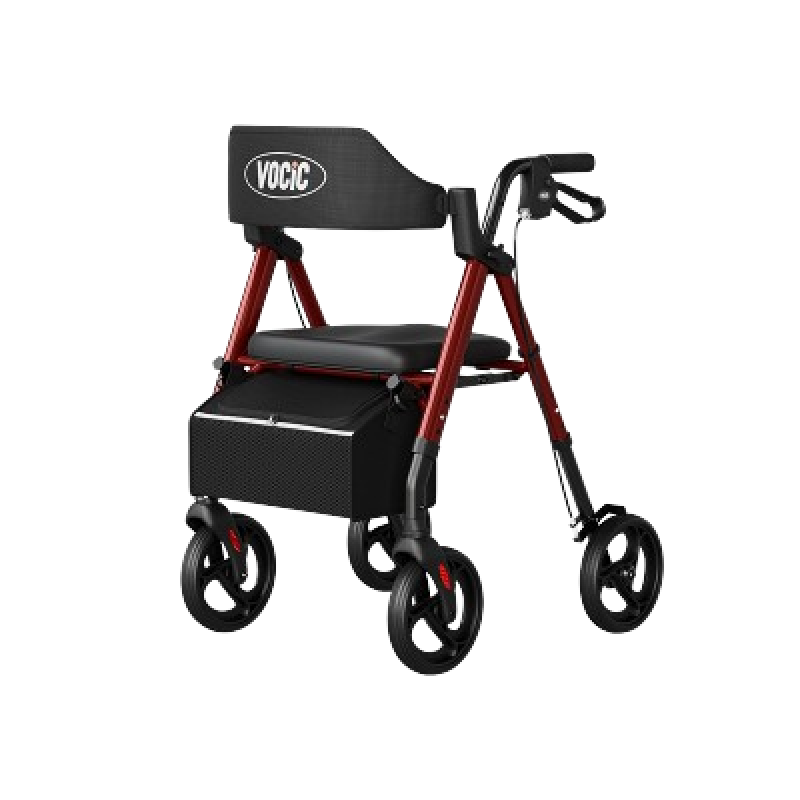
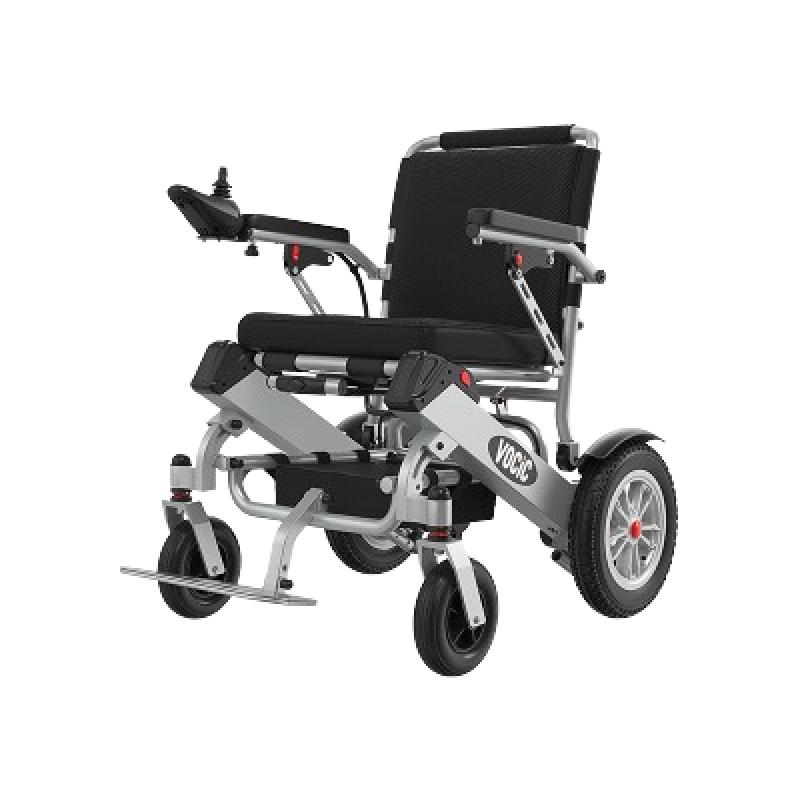


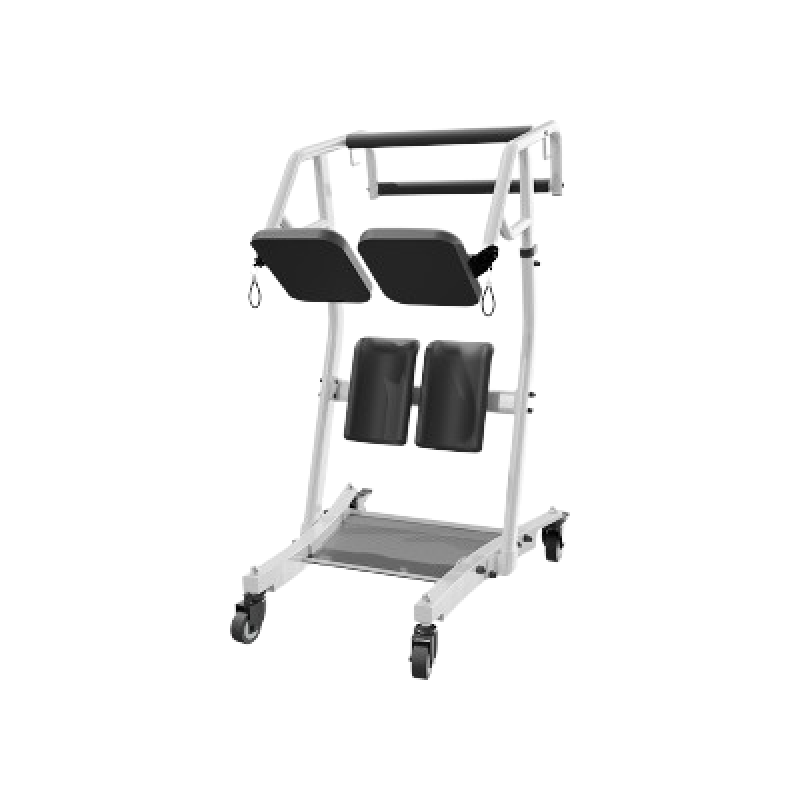
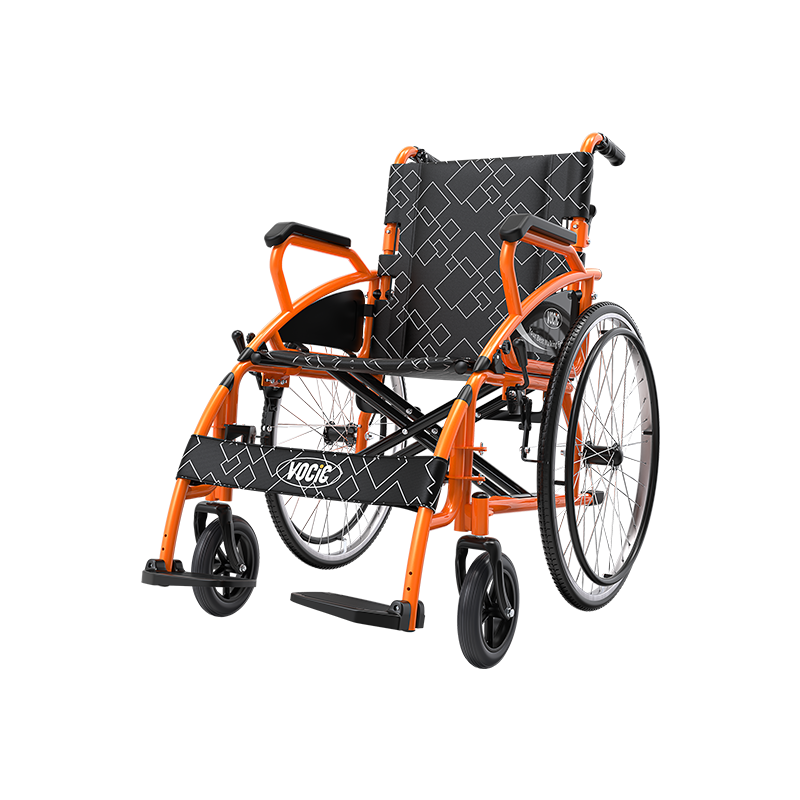

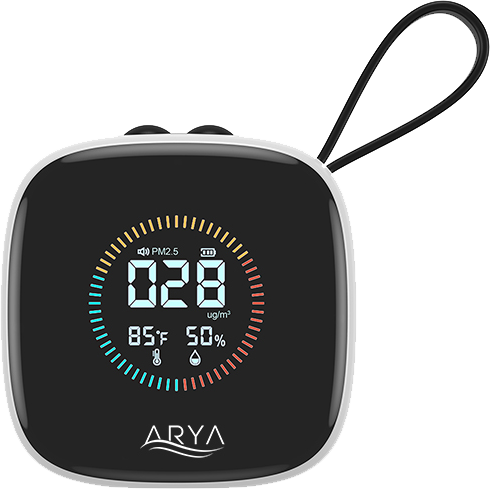
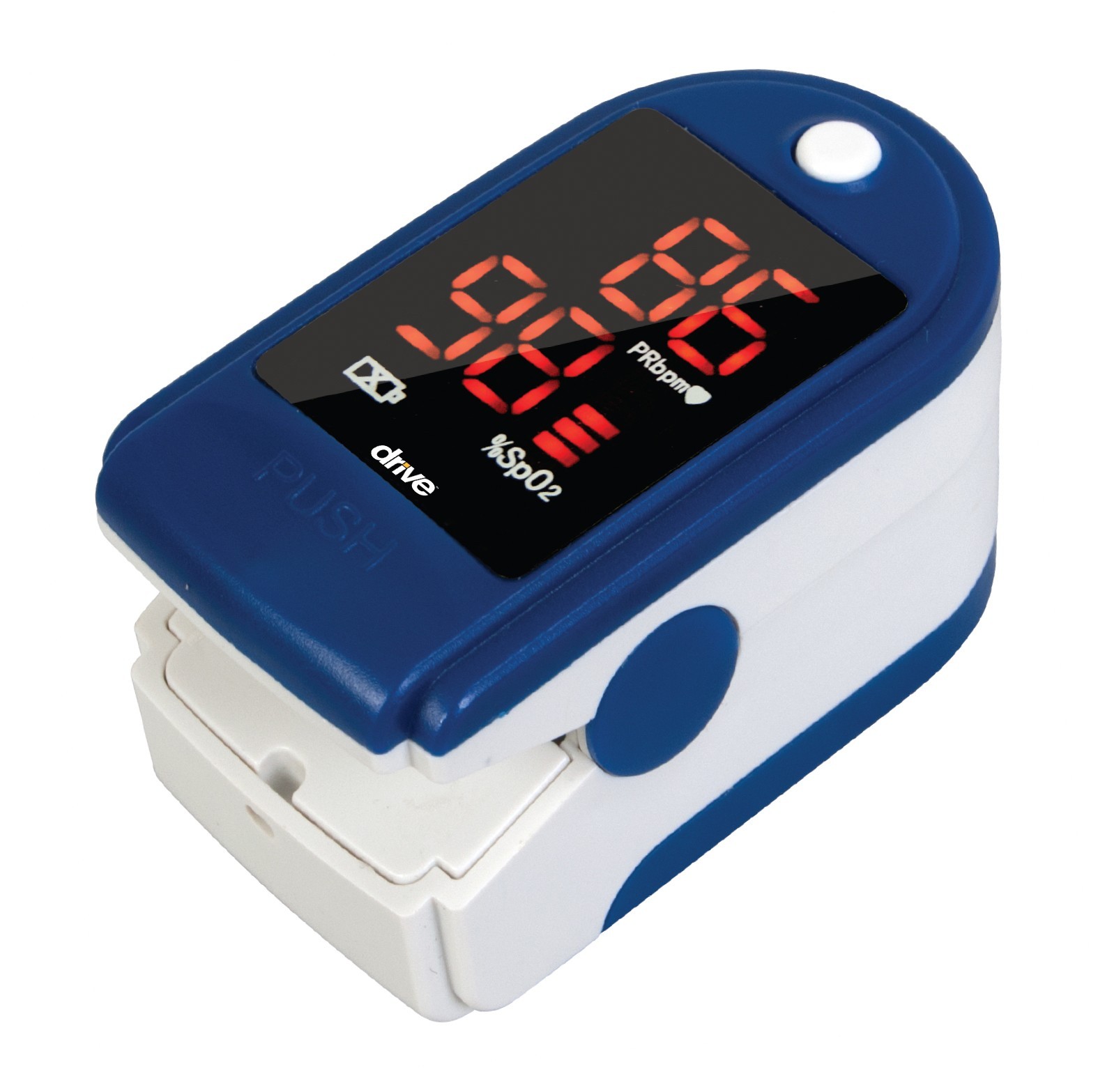

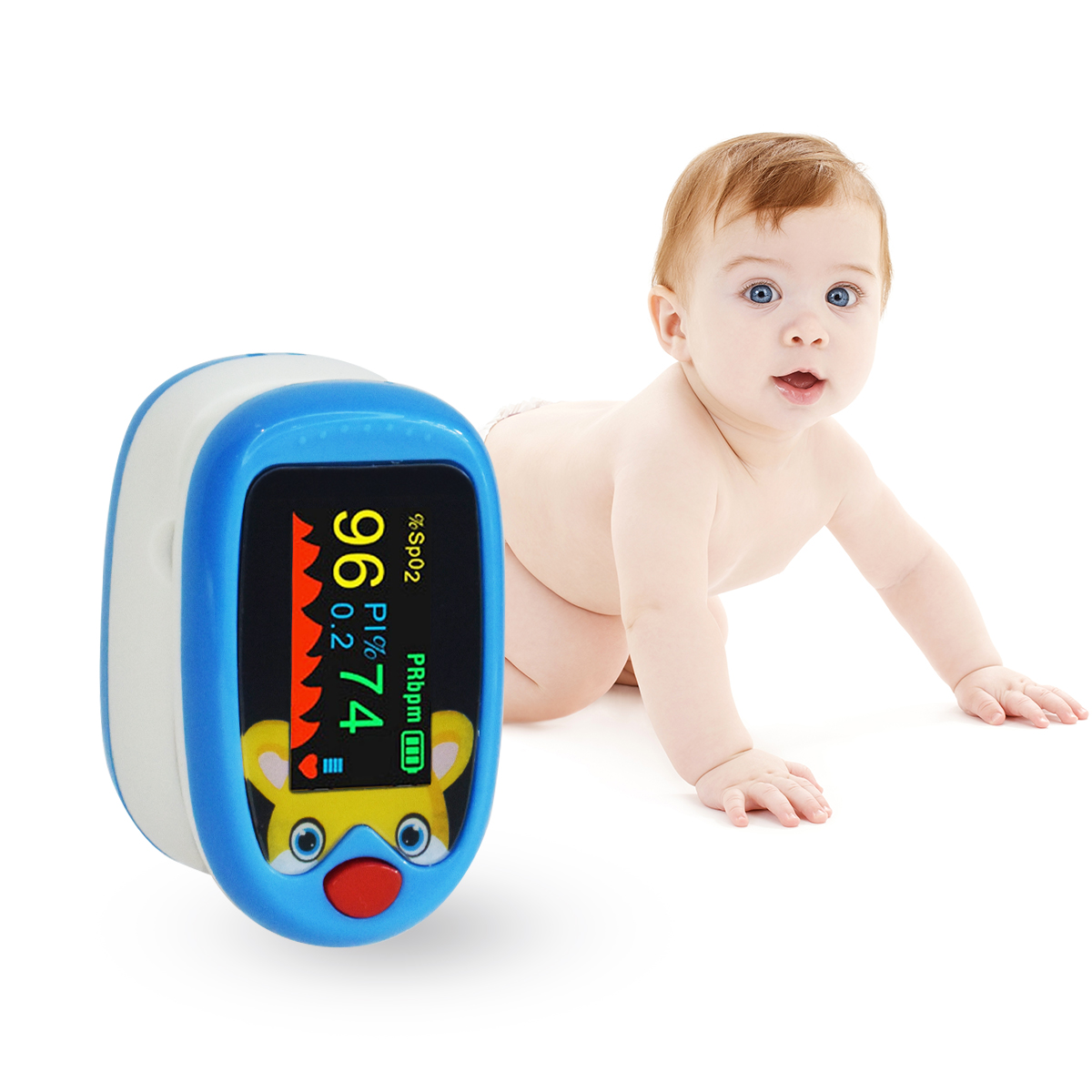
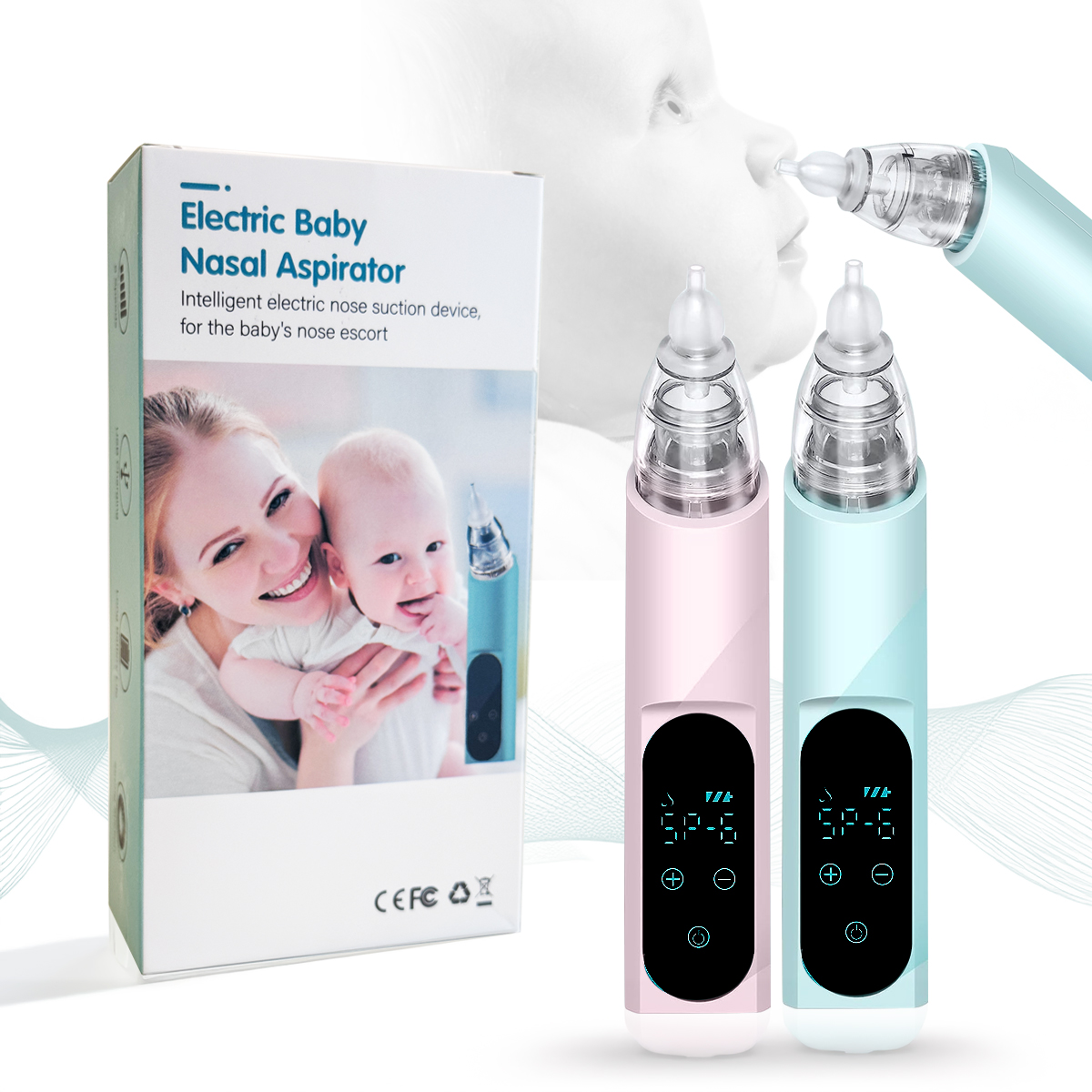
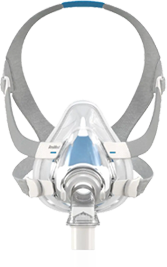
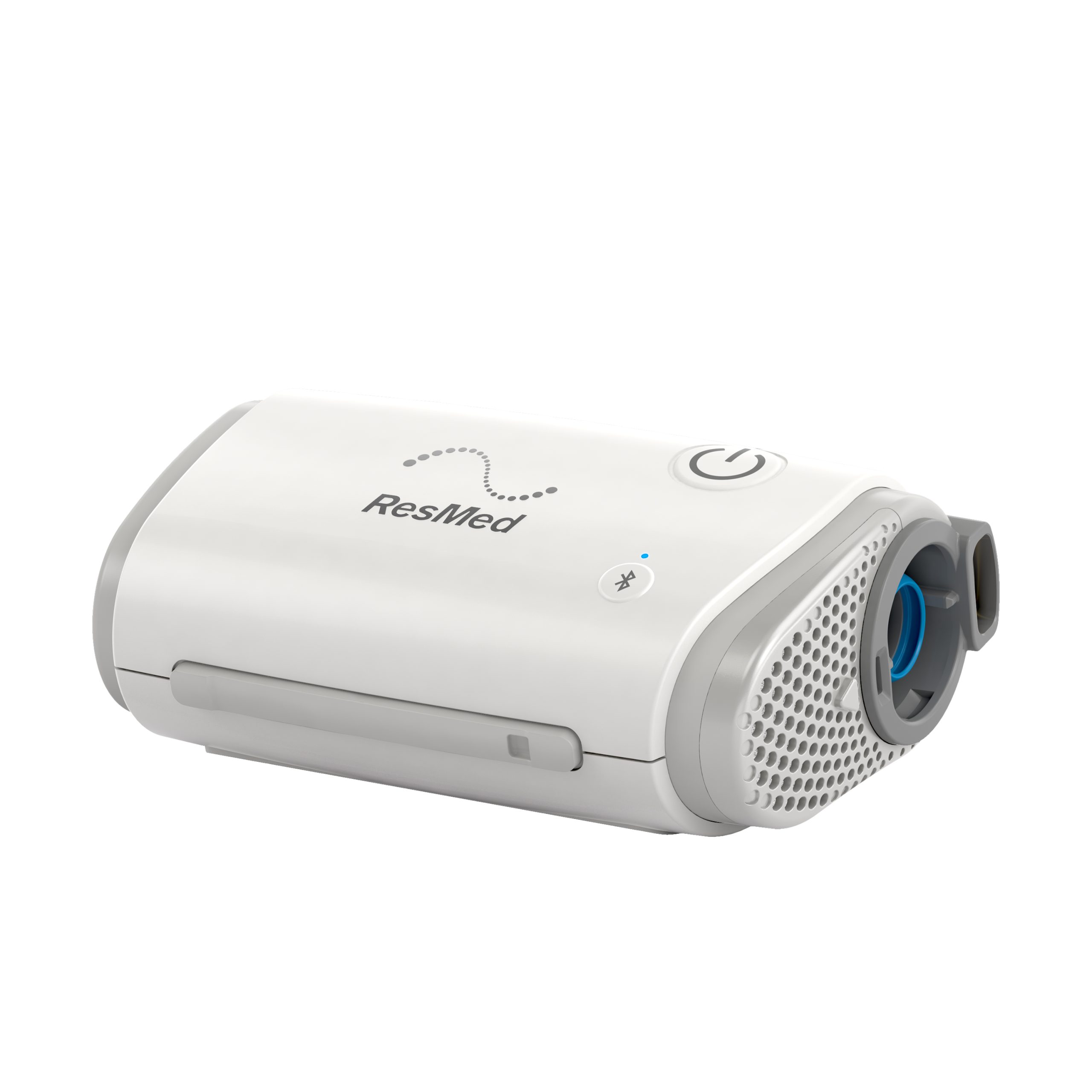
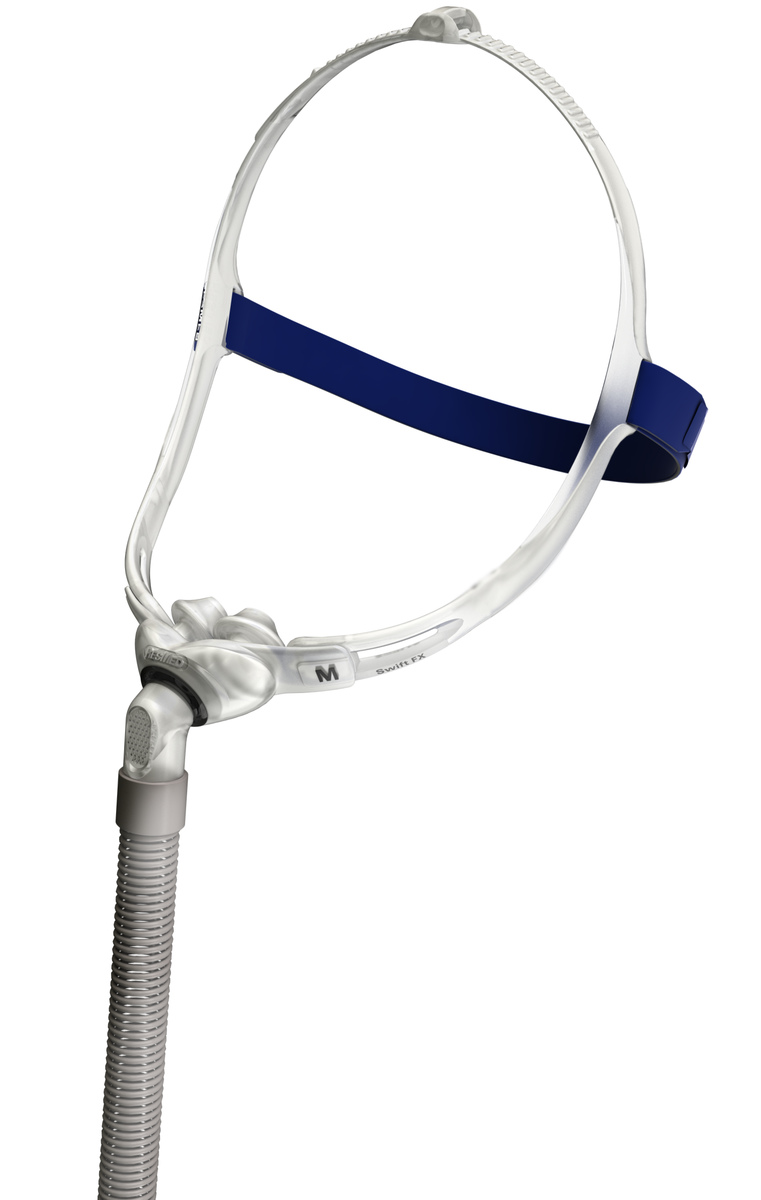
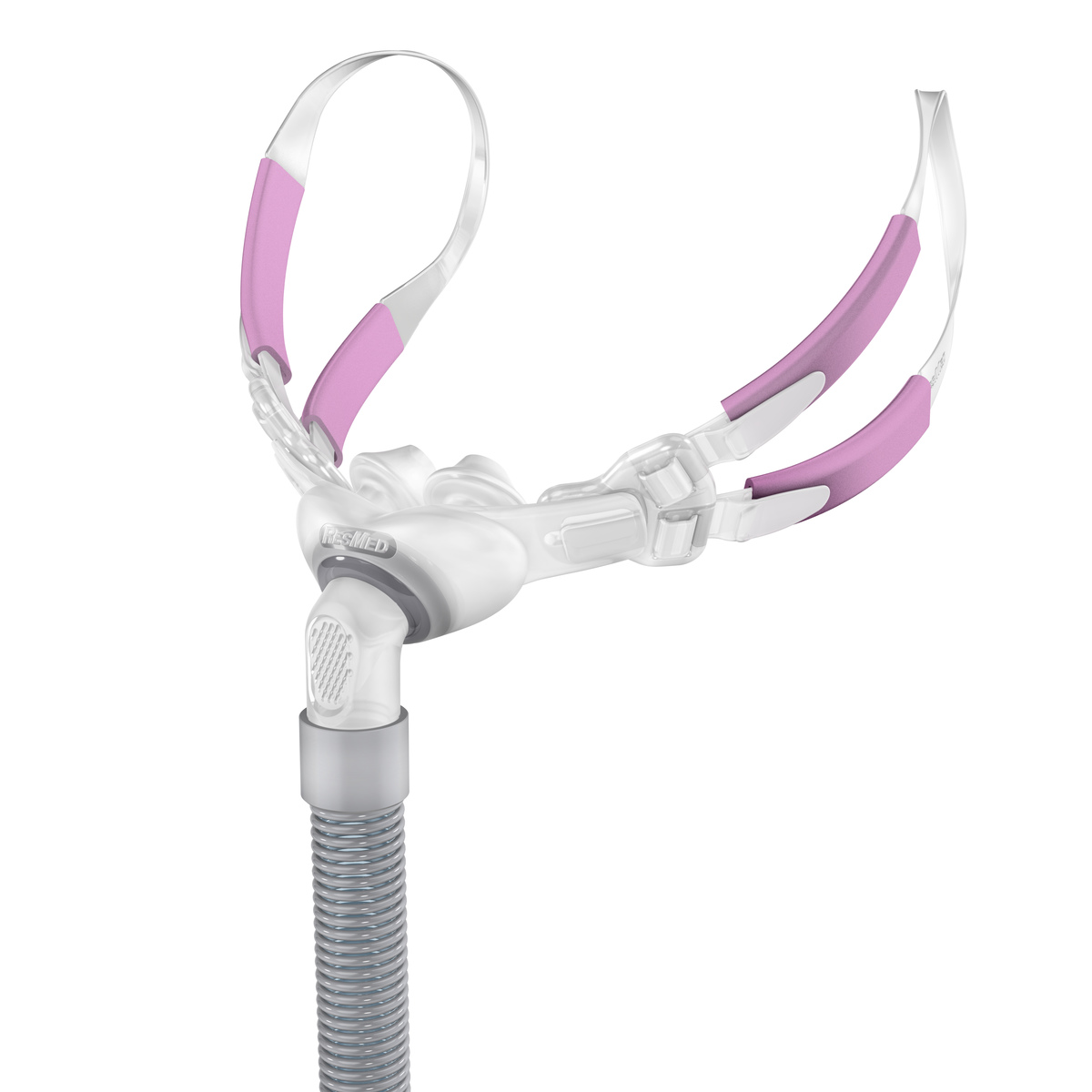
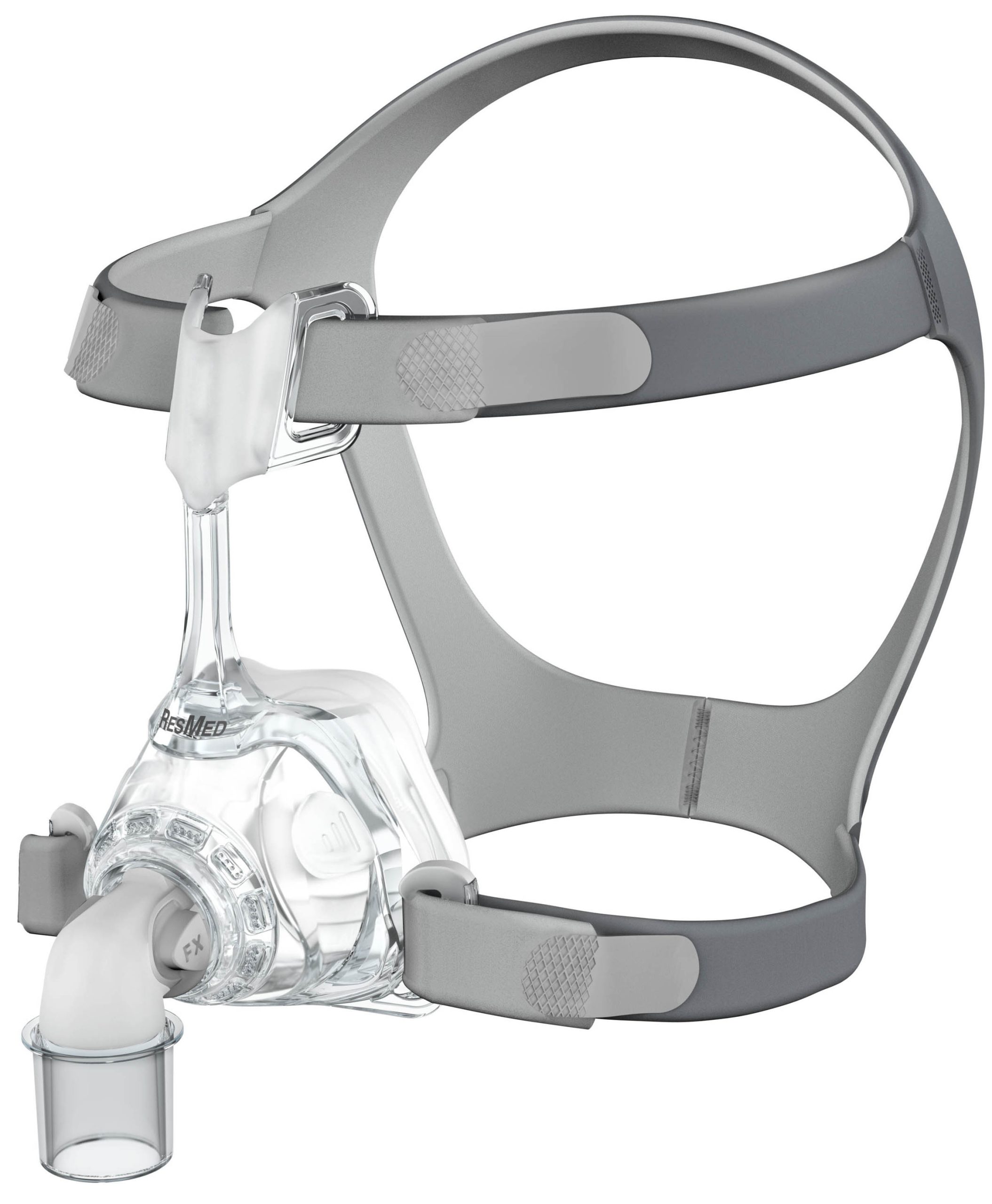
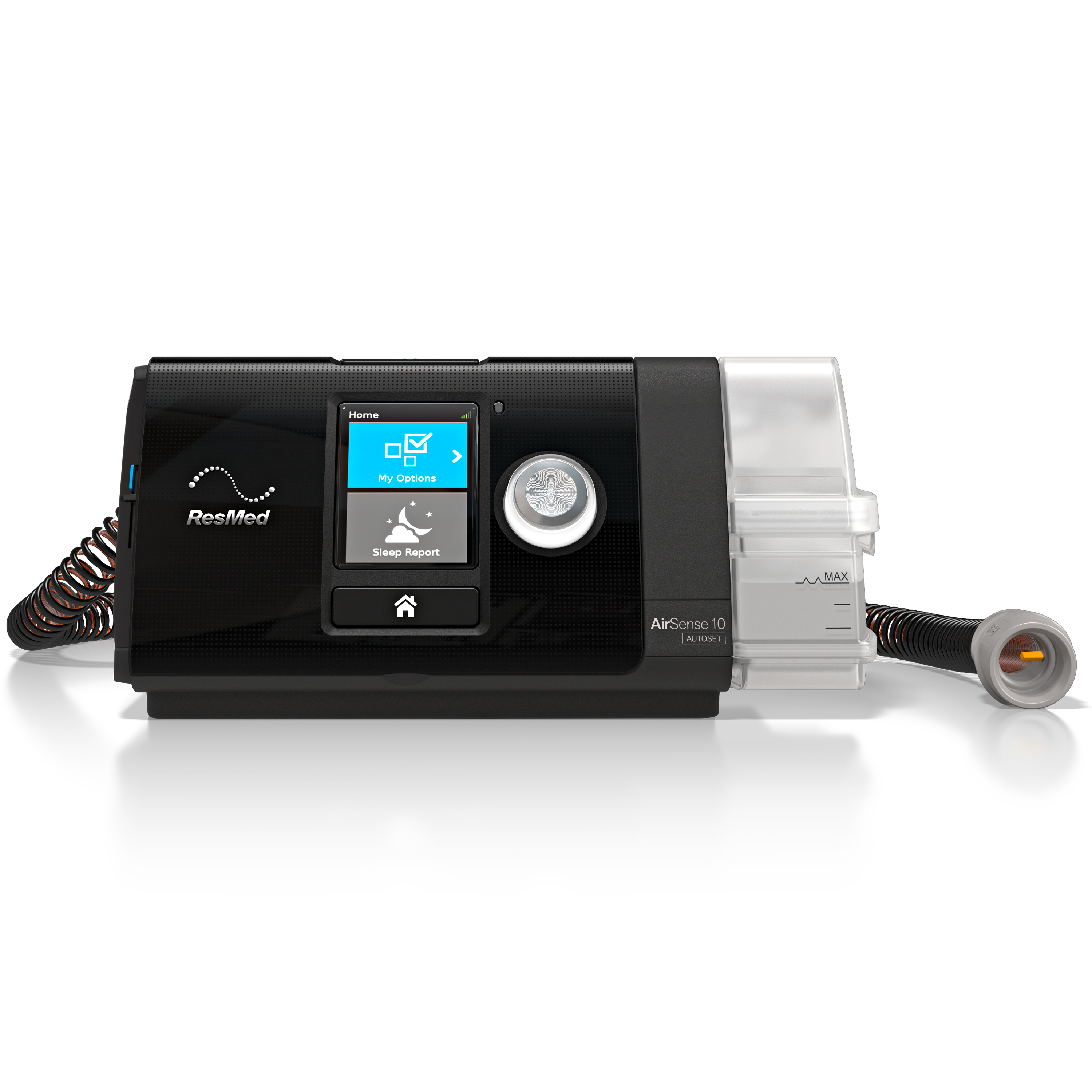
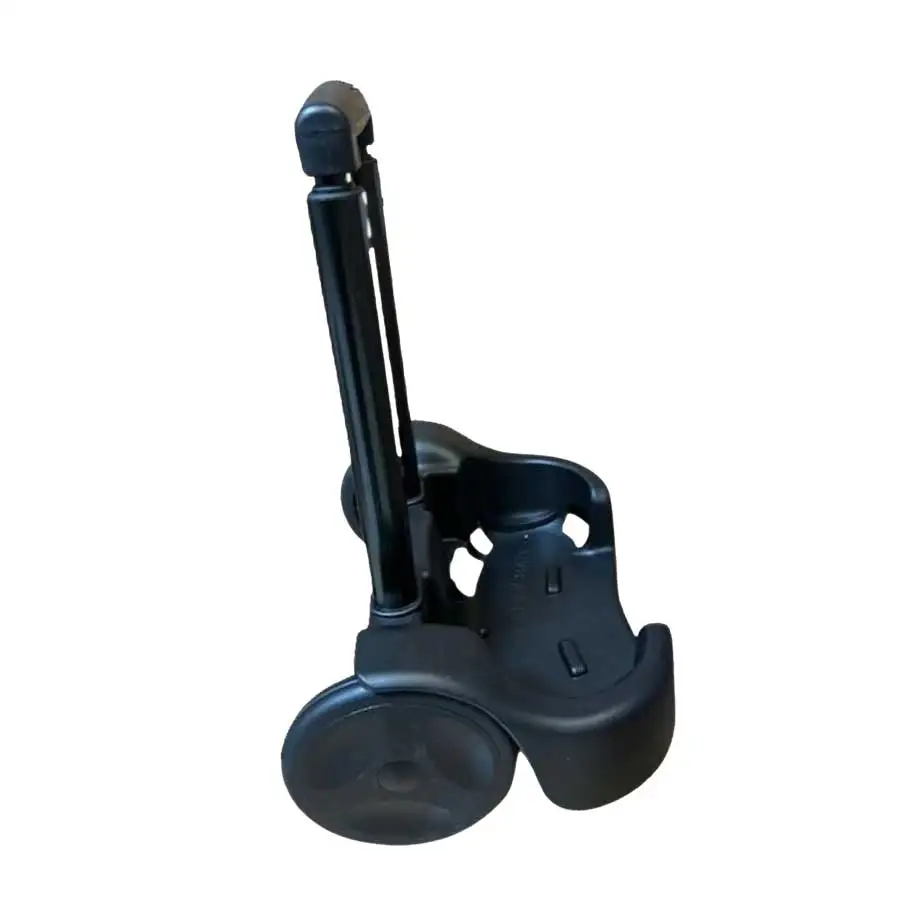
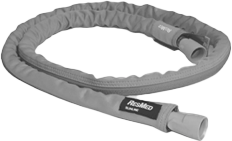
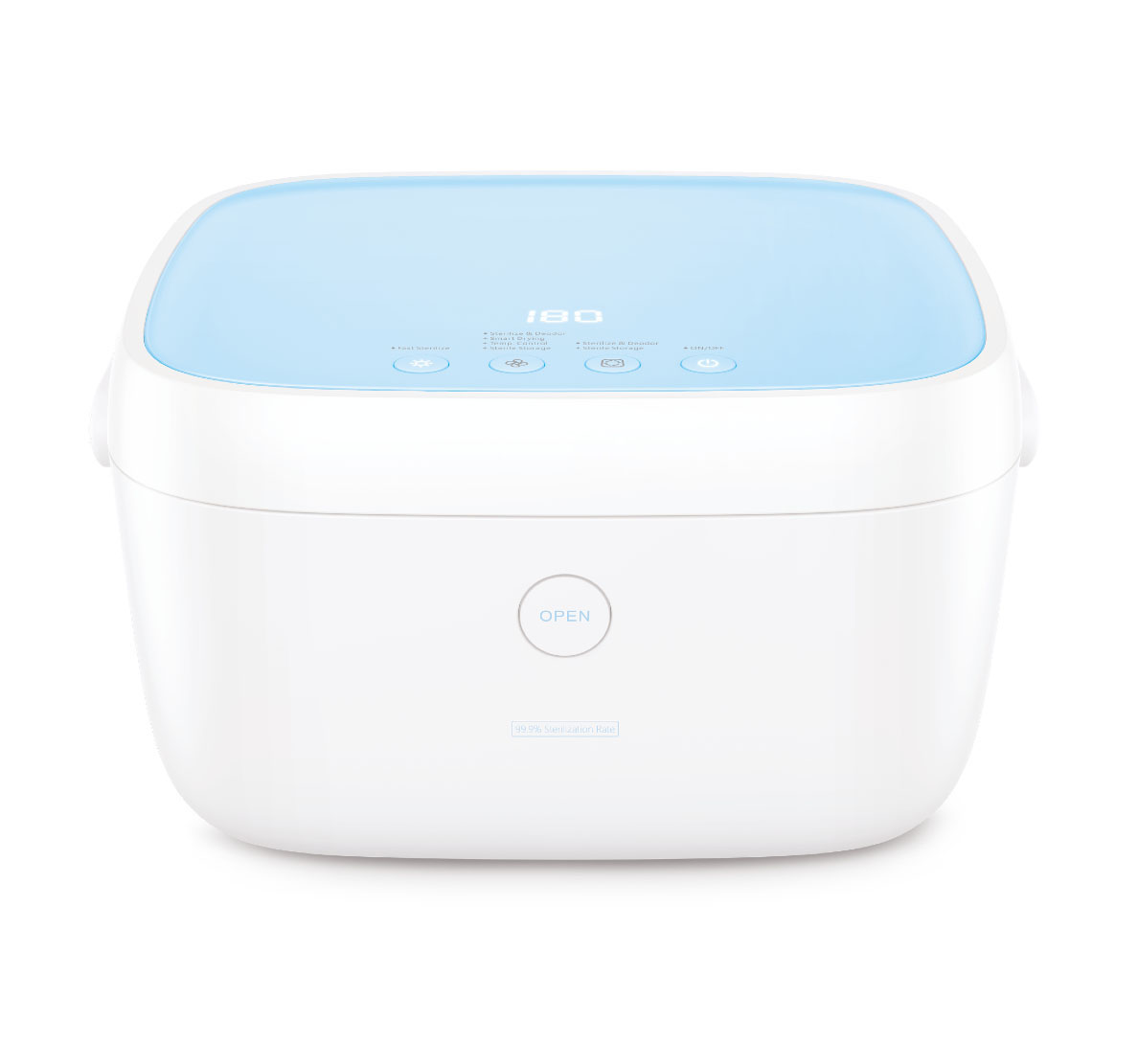
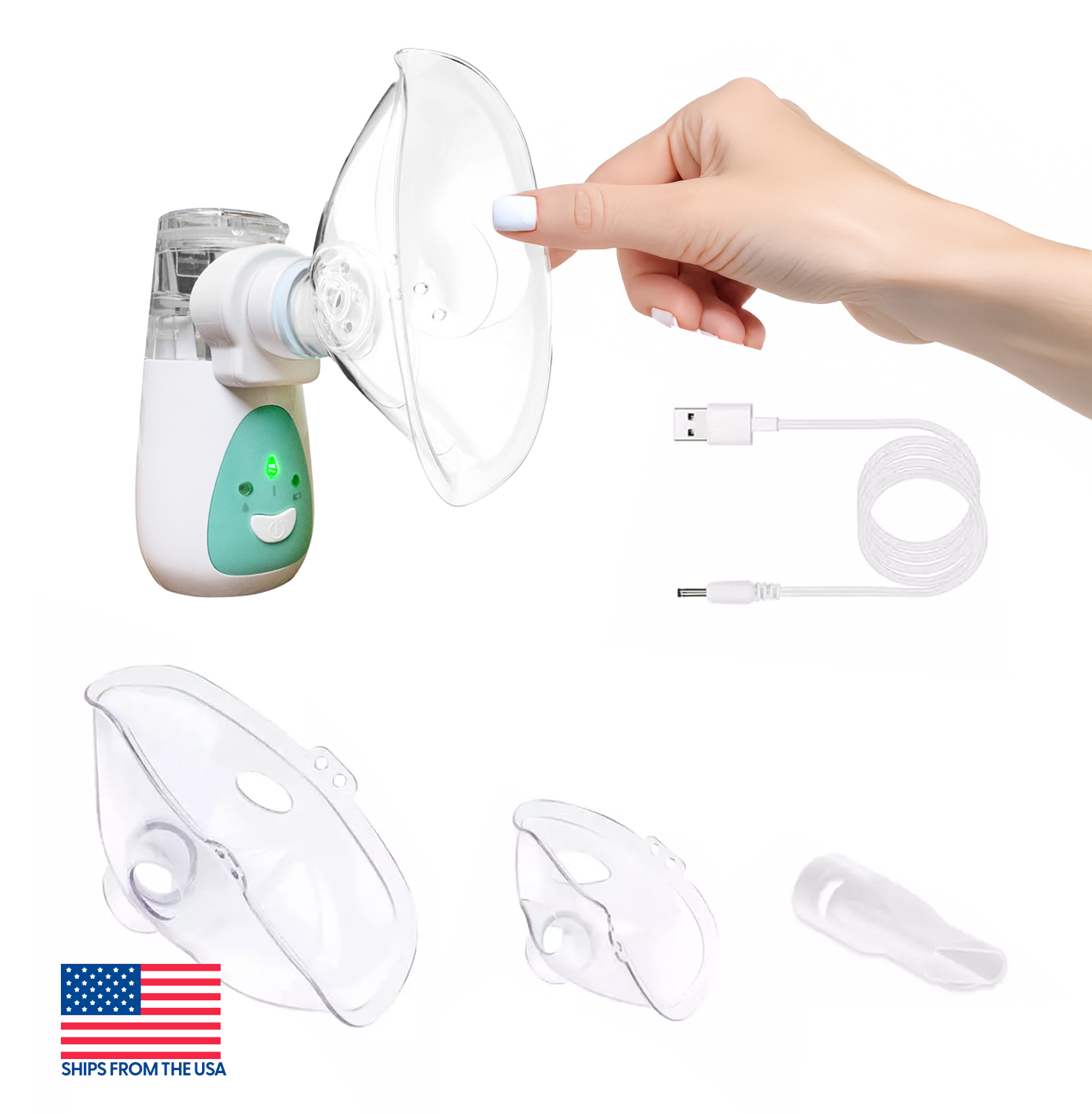
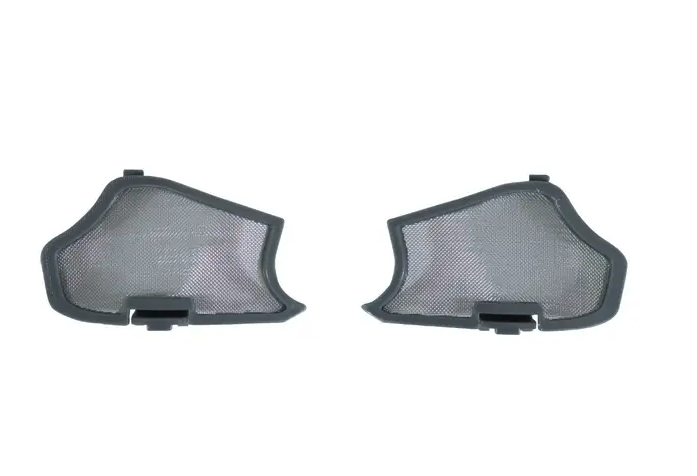

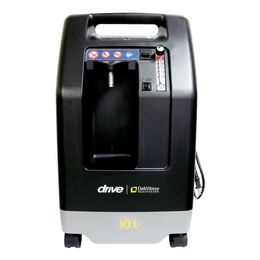
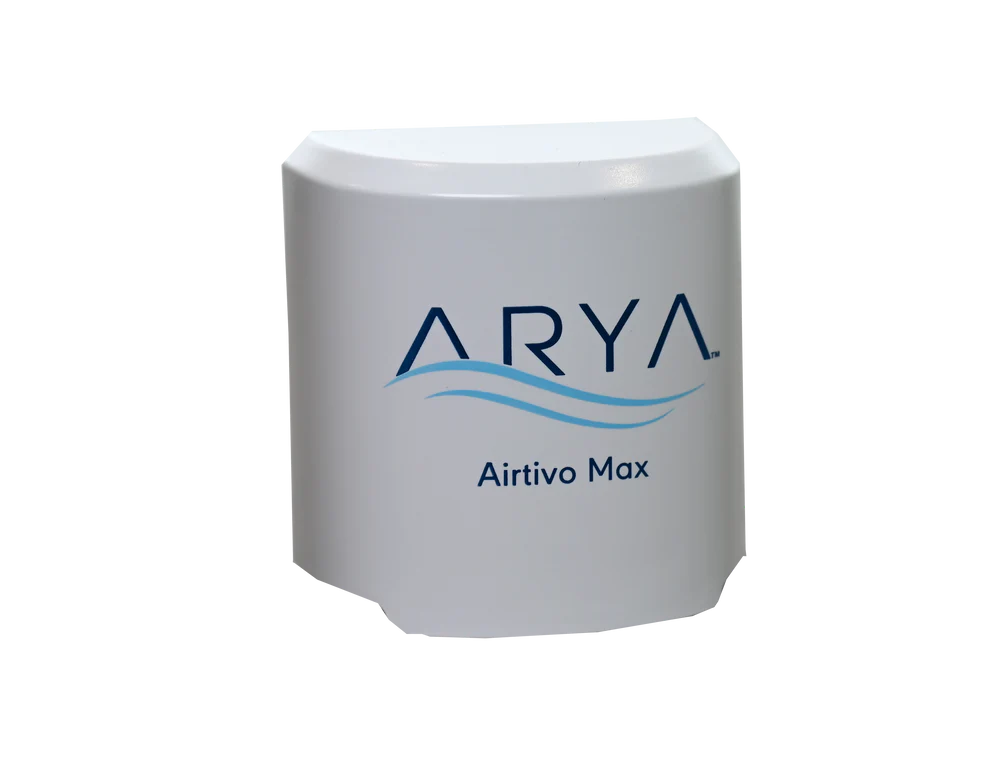
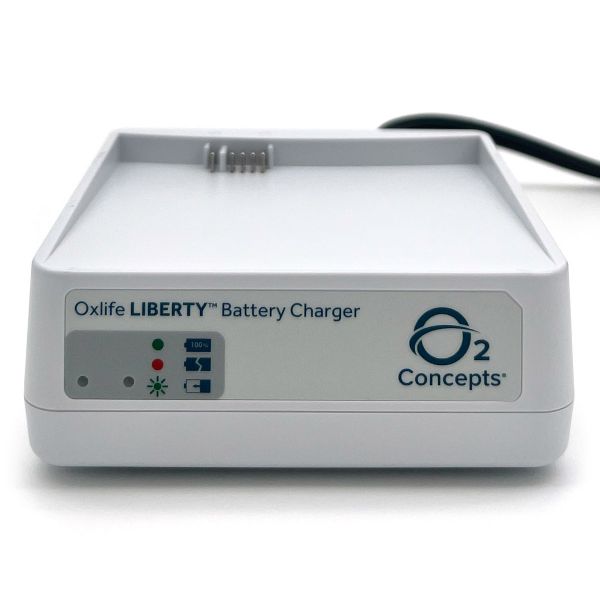
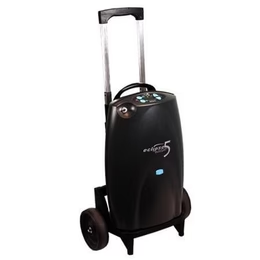
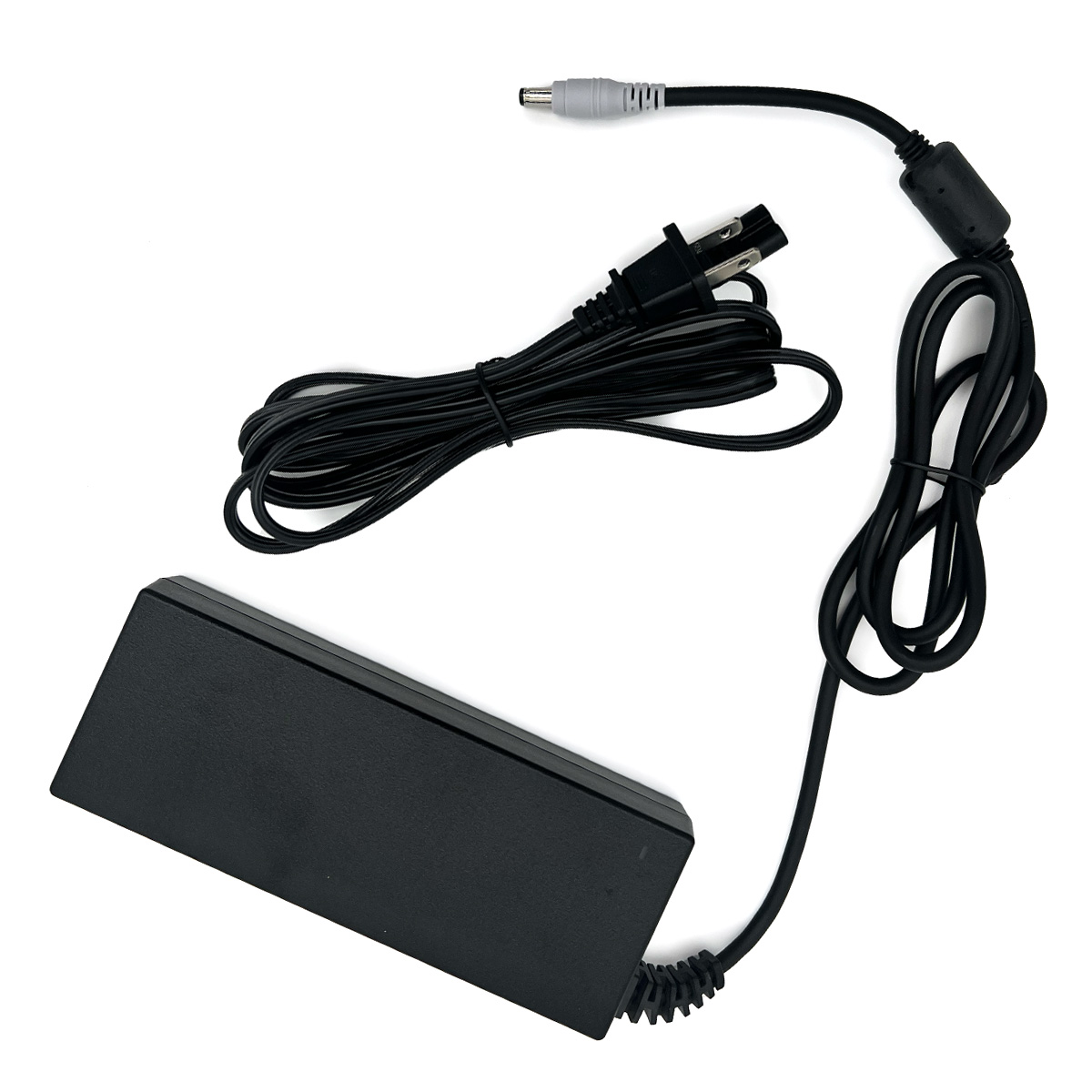
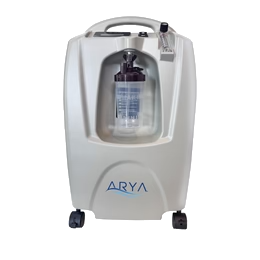
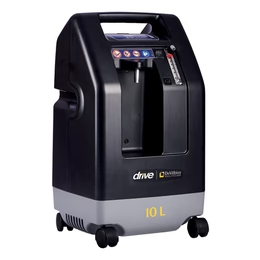
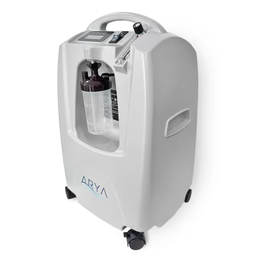
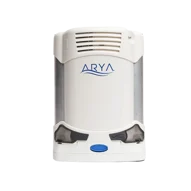
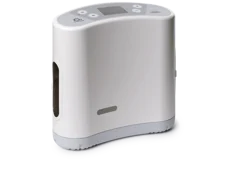
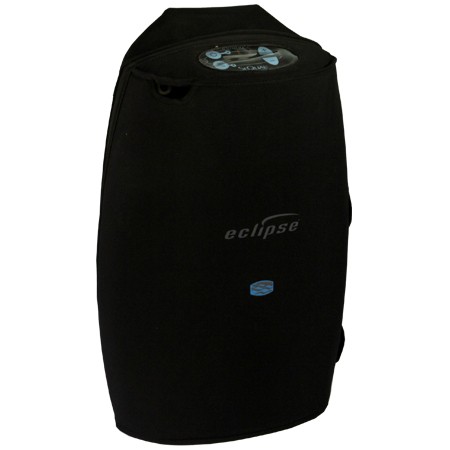
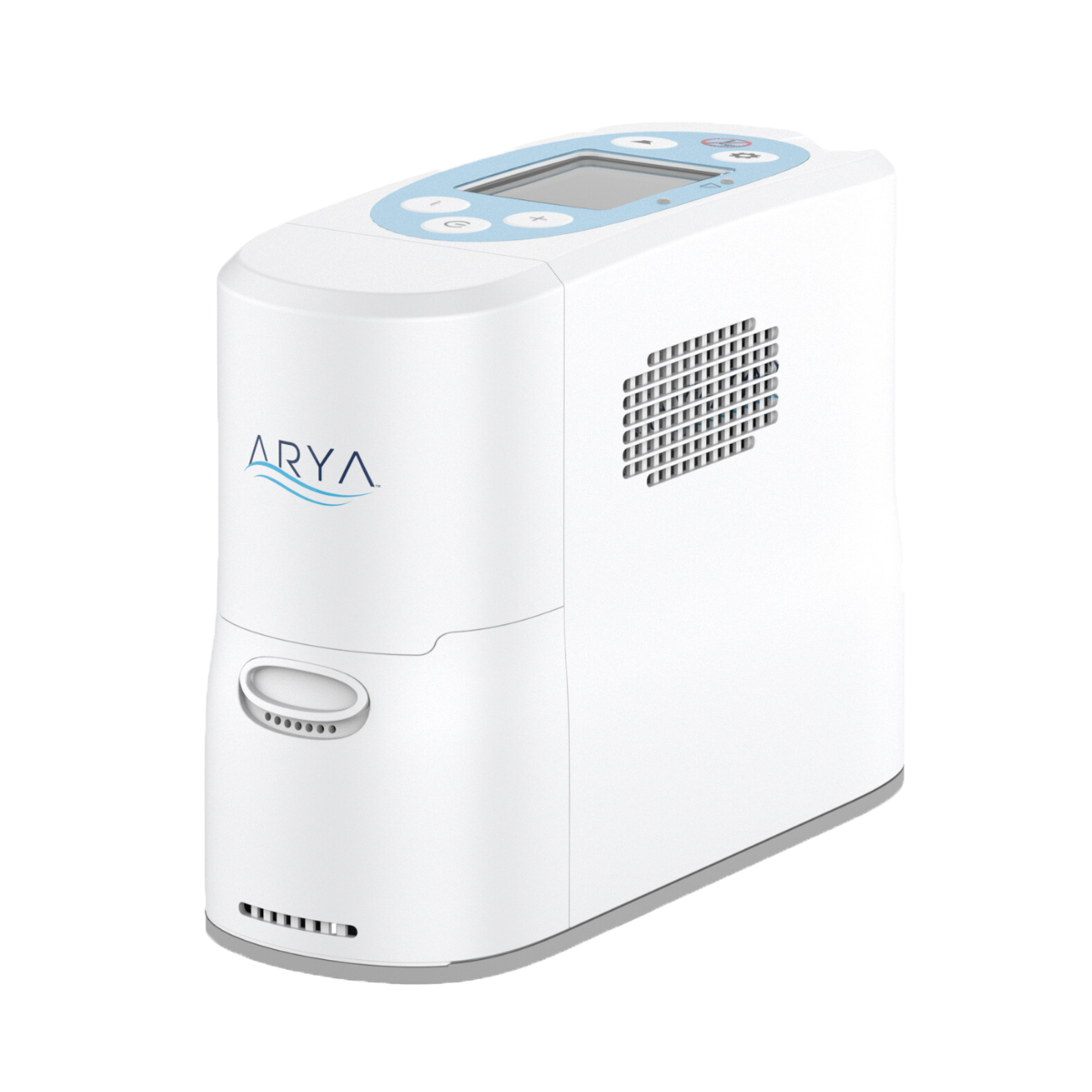
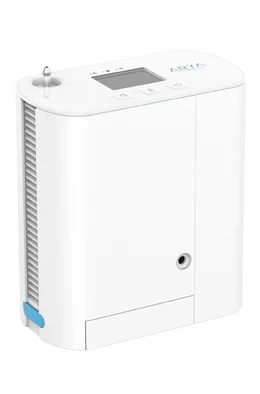
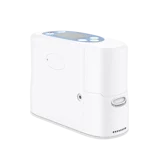
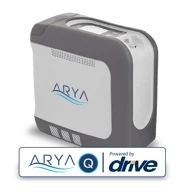
Comments are closed